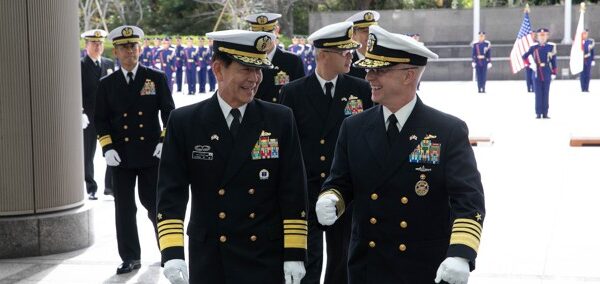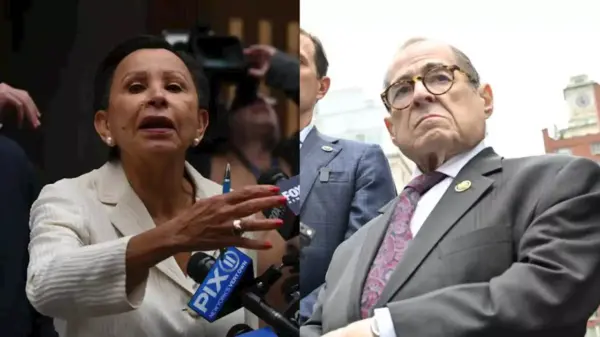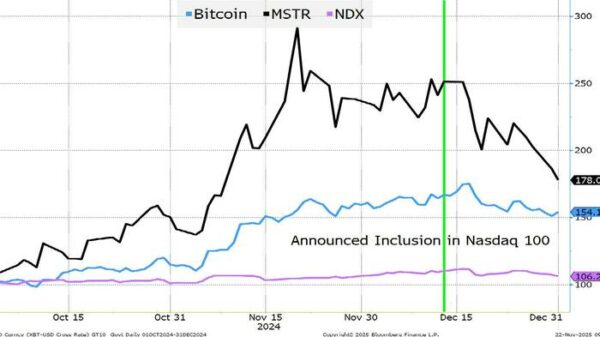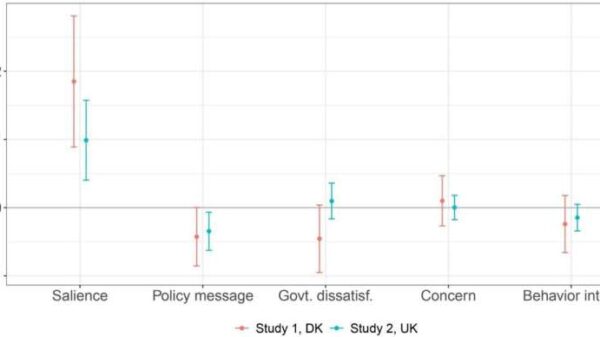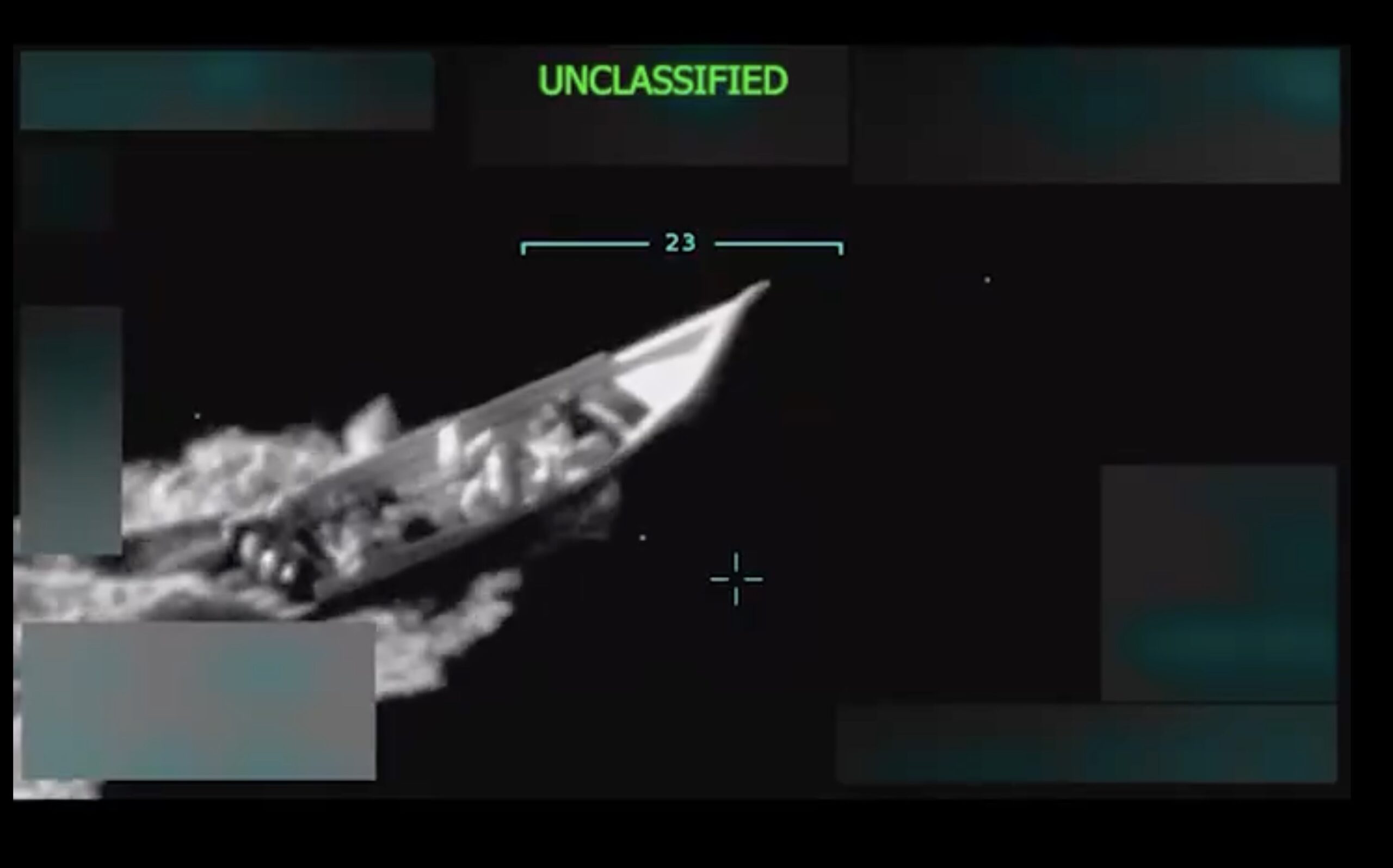A U.S. military strike on a vessel in the Caribbean on September 4, 2023, resulted in the deaths of 11 individuals. President Donald Trump stated that the vessel, operated by the Tren de Aragua drug cartel, was transporting illegal narcotics. This attack has sparked significant debate regarding its legality under both U.S. and international law.
Presidential Authority and Military Action
The U.S. Constitution grants Congress the power to declare war, yet the president serves as the commander-in-chief of the armed forces. Historically, presidents from both parties have conducted military actions abroad without congressional approval. Such actions are often justified when deemed in the national interest and do not constitute full-scale warfare. According to a memorandum from the Office of Legal Counsel, this has allowed presidents to engage in limited military strikes without seeking legislative consent.
The recent action marks a notable shift in military engagement, as it targeted a vessel associated with drug trafficking rather than a recognized combatant or terrorist group. In a social media post, Trump claimed the boat was involved in illegal narcotics transport, a responsibility typically handled by the U.S. Coast Guard. Legal experts noted that if the Coast Guard had faced aggression while attempting to intercept the vessel, they would have been justified in their defensive actions. However, the administration provided no evidence of an imminent threat from the vessel, nor did it identify any individuals on board as key targets in a terror operation.
Legal Implications Under U.S. Law
The attack on the Tren de Aragua vessel raises questions about its legal justification. Unlike groups actively at war with the United States, such as al Qaeda, the Tren de Aragua cartel does not currently engage in hostilities against the U.S. This distinction has led many to view the strike as an extrajudicial killing, which could have far-reaching legal ramifications.
Legal experts highlight that the United Nations Charter mandates member states to refrain from using force against one another, except in cases of self-defense. The U.S. could argue it was acting in “anticipatory” self-defense, especially given Trump’s assertion that the cartel operates under the authority of Venezuelan President Nicolas Maduro. However, this claim lacks substantial evidence of an imminent threat, as noted by legal commentators, and Venezuelan officials dispute the cartel’s activities within their borders.
The situation is further complicated by the fact that the vessel’s status—whether it was flagged and, thus, under the jurisdiction of another country—remains unclear. A flagged vessel would imply that the attack occurred on sovereign territory, potentially escalating diplomatic tensions.
Future Challenges and International Response
Opponents of the strike may hesitate to challenge its legality due to the international status of Venezuela’s regime and the Tren de Aragua cartel. Nevertheless, criticism has emerged from members of Congress, who have expressed concern regarding the president’s military authority. Over the past decades, Congress has increasingly delegated its war-making powers to the executive branch, complicating the legal landscape surrounding military actions.
Legal challenges in U.S. courts regarding this strike are expected to encounter significant obstacles, as courts typically defer to the president on foreign relations and security matters. Families of the victims might pursue civil litigation for damages, but such cases could involve lengthy and costly legal battles.
The precedent set by this military action could also have implications for U.S. foreign relations. Legal experts warn that if similar strikes continue, they could hinder cooperation with other nations on issues related to drug trafficking and immigration. Additionally, should an American citizen be inadvertently killed in such operations, it could prompt serious legal ramifications, reminiscent of the controversy surrounding the drone strike that killed U.S.-born al Qaeda leader Anwar al-Awlaki.
While the legality of the recent strike remains contested, it underscores the complex interplay between national security, international law, and the evolving role of military intervention in combating non-state actors like drug cartels. The situation demands careful scrutiny as it unfolds, reflecting broader concerns about the reach of presidential power and the implications for global diplomacy.








